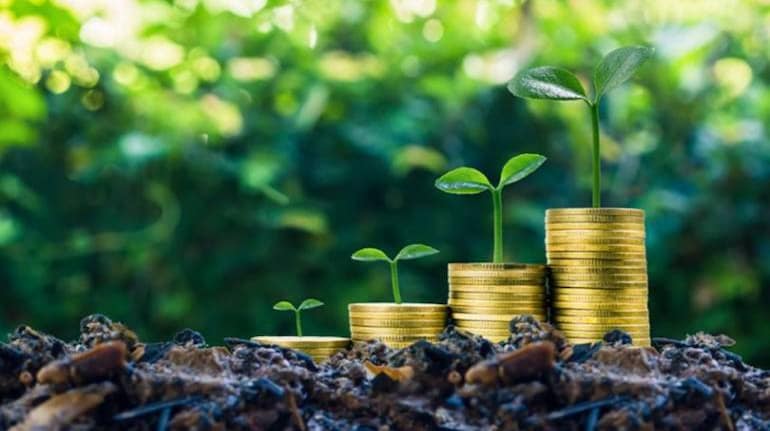The Nigerian Conservation Foundation (NCF) and other partners, over the course of four days, hosted Mr. Simon Stiell, United Nations Framework Convention on Climate Change UNFCCC) Executive Secretary to a meeting where the role of creative industries in driving climate literacy, awareness, and behavioural change was discussed.
During the visit which was organized in collaboration with the National Arts Gallery and Crimson Fusion,
a symposium was organised featuring an Art Exhibition and Symposium under the theme: “Intersecting Worlds of Climate Change, Mangrove, and Art.”
The symposium brought together policymakers, corporate leaders, environmentalists, and the media to engage on Nigeria’s path toward an economy wide NDC 3.0; its implications for the nation, and the role of the private sector in implementing climate commitments.
It also featured a documentary on mangroves, keynote addresses, and a panel session comprising high-profile international and national speakers and dignitaries, reinforcing the country’s commitment to exploring nature-based climate solutions as a mechanism for accelerating climate resilience.
Read also: China, France commit to Paris pact on Climate change after US exit
Director-General of the Nigerian Conservation Foundation (NCF), Dr. Joseph Onoja, emphasized the importance of harnessing Nigeria’s natural resources for sustainable development.
He stated: “Nature-based solutions, like mangrove restoration, are among the most effective tools we have in the fight against climate change. Nigeria’s vast mangrove forests not only protect our coastlines but also serve as critical carbon sinks, supporting biodiversity and local livelihoods. At the NCF, we are committed to fostering partnerships that drive sustainable conservation efforts, ensuring that our natural ecosystems remain a key pillar of Nigeria’s climate resilience strategy.”
The UNFCCC Executive Secretary, Mr. Simon Stiell, underscored Nigeria’s vast potential in green industries and clean energy adoption. He noted: “With 90% of Nigerians employed in micro, small, and medium enterprises and the country’s abundant resources of renewable energy- sun, wind and critical minerals, the ripple effects of green growth will be felt in every local community and economy. Investing in clean energy and sustainable agriculture will create jobs, attract foreign investment, and strengthen Nigeria’s global and regional competitiveness.”
Story was adapted from Daily Trust.
